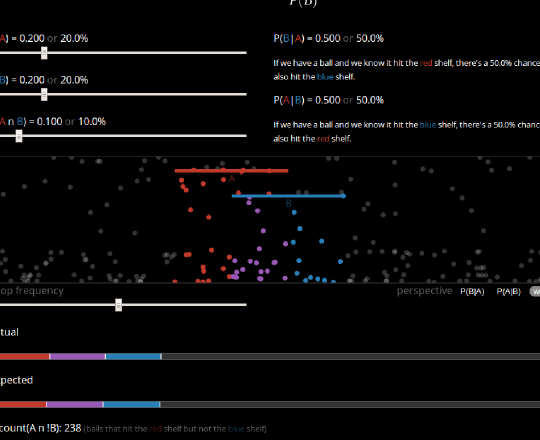PSYCHOLOGY PRIZE [AUSTRALIA, UK, USA]: Peter K. Jonason, Amy Jones, and Minna Lyons, for amassing evidence that people who habitually stay up late are, on average, more self-admiring, more manipulative, and more psychopathic than people who habitually arise early in the morning.
Of course, I go to bed very early… the problem is that I also get up late… does it mean that I’m lazy? I will think about it and perhaps write a paper on that. As long as is short and I don‘t have to work much on it…
PUBLIC HEALTH PRIZE [CZECH REPUBLIC, JAPAN, USA, INDIA]: Jaroslav Flegr, Jan Havlíček and Jitka Hanušova-Lindova, and to David Hanauer, Naren Ramakrishnan, Lisa Seyfried, for investigating whether it is mentally hazardous for a human being to own a cat.
I was bitten by a cat once… and I can tell you that yes, it’s mentally draining. It was a very long day, with very unlikely and (now that I think about it) funny events. In one of them, I was so unlucky that in the hospital they gave me the phone number of the tomb engraver by accident. I was completely shocked. I still have nightmares about it.
And no, I didn’t do anything to the cat. I actually saved its life… ok, let’s go for the next one. I don’t like this one…
BIOLOGY PRIZE [CZECH REPUBLIC, GERMANY, ZAMBIA]: Vlastimil Hart, Petra Nováková, Erich Pascal Malkemper, Sabine Begall, Vladimír Hanzal, Miloš Ježek, Tomáš Kušta, Veronika Němcová, Jana Adámková, Kateřina Benediktová, Jaroslav Červený and Hynek Burda, for carefully documenting that when dogs defecate and urinate, they prefer to align their body axis with Earth's north-south geomagnetic field lines.
I don’t know… what happens if they have a high voltage electricity line very close? Or if they have a computer nearby? Do they align with the resultant magnetic field?
In any case, you can always substitute your compass for a dog when you go to the jungle. They also can help you hunting…
ART PRIZE [ITALY]: Marina de Tommaso, Michele Sardaro, and Paolo Livrea, for measuring the relative pain people suffer while looking at an ugly painting, rather than a pretty painting, while being shot [in the hand] by a powerful laser beam.
I even sometimes experiment pain looking at some paintings… and I don’t need any laser beam…
ECONOMICS PRIZE [ITALY]: ISTAT — the Italian government's National Institute of Statistics, for proudly taking the lead in fulfilling the European Union mandate for each country to increase the official size of its national economy by including revenues from prostitution, illegal drug sales, smuggling, and all other unlawful financial transactions between willing participants.
Because of course all the illegal money should be taxed… and use it for fighting prostitution, drugs, smuggling, and all unlawful behaviour…
MEDICINE PRIZE [USA, INDIA]: Ian Humphreys, Sonal Saraiya, Walter Belenky and James Dworkin, for treating "uncontrollable" nosebleeds, using the method of nasal-packing-with-strips-of-cured-pork.
You could use also tampons… I saw it in a movie…
ARCTIC SCIENCE PRIZE [NORWAY, GERMANY]: Eigil Reimers and Sindre Eftestøl, for testing how reindeer react to seeing humans who are disguised as polar bears.
I would dress up as a flamenco dancer… I don’t know… perhaps they would like to go to the feria :)
NUTRITION PRIZE [SPAIN]: Raquel Rubio, Anna Jofré, Belén Martín, Teresa Aymerich, and Margarita Garriga, for their study titled "Characterization of Lactic Acid Bacteria Isolated from Infant Faeces as Potential Probiotic Starter Cultures for Fermented Sausages."
You know, we are a food oriented culture. With this one and the study about the
science of tapped beer I’m very proud of my country!






